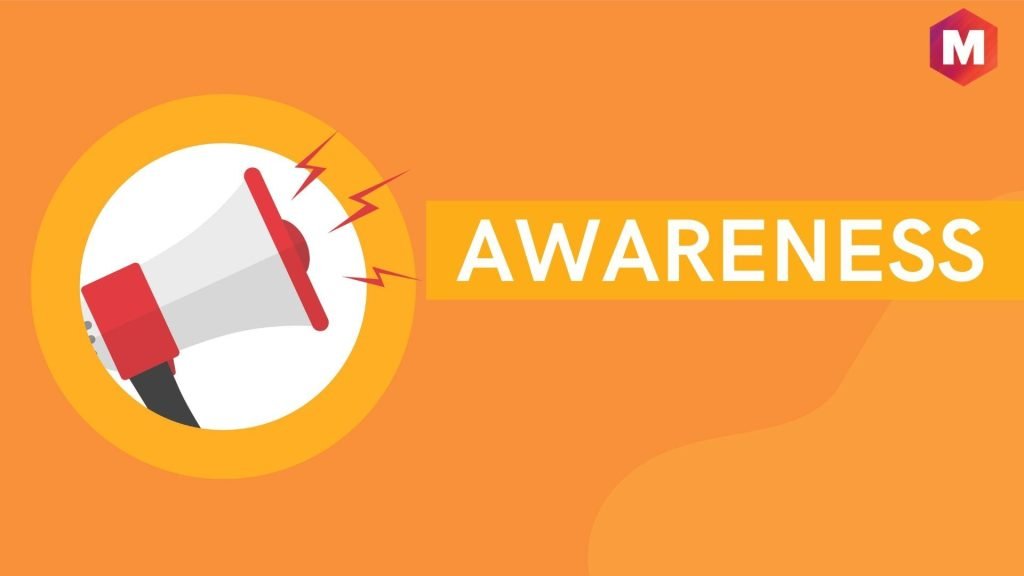The journey towards building an inclusive society for persons with disabilities (PWDs) demands a proactive and comprehensive approach. One pivotal aspect of this approach is ensuring that policies crafted for PWDs incorporate their perspectives and voices. In the region of Gilgit-Baltistan, where the goodwill movement is underway, the presence of numerous government and non-government organizations professing to work for PWDs often leads to policies that fall short of delivering long-lasting benefits. To rectify this, it is imperative to include representatives of disabled individuals in the policy-making process. This article explores why involving PWD representatives is crucial for effective policy formulation and highlights how their insights can lead to more impactful and sustainable outcomes.
A Deeper Understanding of Needs
Representatives who have disabilities themselves bring a firsthand understanding of the challenges and barriers faced by PWDs in their daily lives. This unique insight ensures that policies are tailored to address the genuine needs of the community. They can articulate the nuances of accessibility, mobility, education, employment, and healthcare that are often overlooked by individuals without personal experience.
Empowerment and Ownership
Including PWD representatives in policy discussions empowers the community by granting them ownership of the policies that affect their lives. When PWDs are active participants, they feel valued and recognized as capable contributors to society. This empowerment boosts their self-esteem, confidence, and motivation to engage in meaningful activities.
Identifying Effective Solutions
Representatives bring practical insights into the challenges faced by PWDs and can propose pragmatic solutions. Their input contributes to the development of policies that are not only effective but also sustainable. PWDs can provide feedback on the feasibility of proposed solutions, ensuring that policies are implementable in real-world scenarios.
Avoiding Tokenism and Alms-Based Approaches
All too often, policies designed for PWDs are driven by tokenism or temporary measures that fail to address the root causes of their challenges. Including representatives in policy formulation reduces the likelihood of adopting such approaches, as they can advocate for comprehensive, long-term strategies that truly enhance the quality of life for PWDs.
Building a Collaborative Framework
Incorporating PWD representatives fosters a collaborative environment between the disability community and policymakers. This collaboration ensures that policies are not developed in isolation but are the result of a dialogue that considers the diverse perspectives of those affected.
Conclusion
Creating a society that is genuinely inclusive of persons with disabilities requires active efforts from both policymakers and the disability community itself. The involvement of disabled individuals as representatives in policy-making processes is a pivotal step towards achieving this goal. Their insights provide a solid foundation for crafting policies that are well-informed, practical, and impactful. By embracing their expertise, we can move beyond short-term solutions and token gestures, working towards policies that drive real change and improve the lives of persons with disabilities in meaningful and lasting ways.



